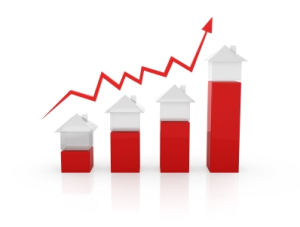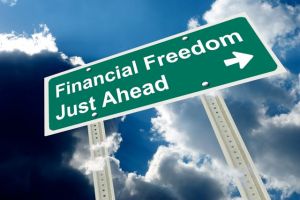7 years ago today, we took possession of a luxury 6-plex with 3 bedrooms / 2 bathrooms / underground indoor parking / central air for four of the units and the 2 bedrooms / 1 bathroom / central air for two of the units.
We acquired it for roughly $1 million after environmental fees ($965K + closing costs and fees) with ~$220K down. While most people assume this would be out of reach for nearly everyone, we borrowed the capital from the equity within our homes by using a home equity line of credit.
Many people take out home equity lines of credit to perform renovations, purchase trailers / luxury vehicles or to take luxury vacations. All of these purchases depreciate in value and/or eliminate wealth, so we chose to go against the norm and to transfer our equity into assets that appreciate instead.
In this timeframe of 7 years, having borrowed ~$220K from our home equity, we’ve paid interest of ~$42K on the loan (~$6K per year x 7 years). In that same timeframe the property has appreciated to a value of $1.5 million and our mortgage owed is now down around the ~$650K mark. Paying interest of $42K have earned us a return of $600K ($1.5 million value minus $650K mortgage minus $250K outstanding home equity line of credit). This investment has resulted in a whopping 1,300% return in just seven years!
Now, to acknowledge the unusual market conditions, we are acutely aware that this won’t always be the case; properties have appreciated at a ridiculous and unsustainable pace over the last several years; in fact our forecasts had us earning $300K less, which had that happened, it still would have been an incredible return. What were the assumptions we used to calculate our returns? We assumed historical averages of appreciation aligned w/ inflationary metrics.
I’m not sharing this to brag. I’m sharing it because I have family, friends, clients and investors that continue to be apprehensive to invest in their own financial future. If this helps even one person to take the first steps required to invest in their future selves, then this post was worth my time. Anyone could do this. It does require a bit of learning and some patient due diligence, but it is absolutely a worthwhile investment. The biggest barrier to us having ever taken this step was fear. Once we got over that, it’s been mostly smooth sailing.
The biggest lesson of all that we’ve learned on this journey is that if we had never taken these first steps to invest in our future selves, our net worth would be millions of dollars lower, we wouldn’t be in any position of financial independence and the only people who would have paid the cost of our inaction would have been ourselves.
If anyone takes anything out of this post today, stop procrastinating, write down your dreams, put a plan together and begin working towards it. Baby steps, one at a time, a little bit each day; believe me, if I can do it, so can anyone else. We’ve achieved our dreams, not because we did anything extraordinary, but because we took action, set our fears aside and moved forward a little bit at a time. Why wouldn’t you do the same? Your future situation depends on what you do today. Go get ’em tiger!


![checklist-628x363[1]](https://ottawarealestateinvesting.files.wordpress.com/2015/10/checklist-628x3631.jpg?w=300)




